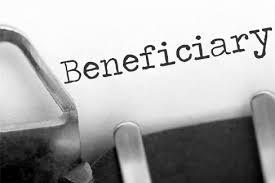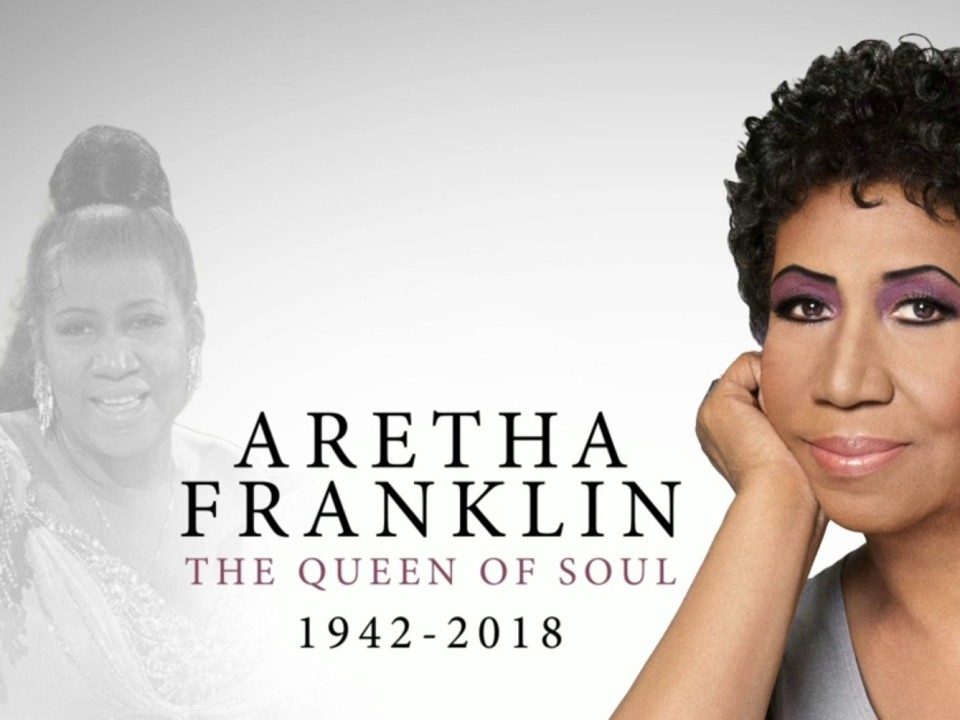- Contact Us
- 480-922-5552
- info@aheadofthecurvelaw.com
Five Key Elements of an Estate Plan

Estate Planning
October 18, 2017
Revocable Living Trust
December 1, 2017A good estate plan is comprised of five key elements: Will, Trust(s), Power of Attorney, Health Care or Medical Directive and Beneficiary Designation.

Will
A will is a legally binding document that directs who will receive your property and assets after your death. It names an executor – the person who you want to carry out those directions. A will also names a guardian or guardians who will care for your minor children or other dependents, should you die or become incapacitated.
A will gives you control over your legacy, is fairly straightforward to create, and can be changed during your lifetime. Find the specific laws regarding wills for your state at FindLaw.com.

A trust is a legal arrangement through which a trustee holds legal title to property on behalf of a beneficiary or beneficiaries. The person setting up a trust can dictate how and when beneficiaries receive the assets in the trust.
There are different kinds of trusts, but the two basic types are:
- Revocable Trust, which allows you to retain control of all the assets in the trust with the freedom to revoke or change the terms at any time;
- Irrevocable trust, where the assets in it are no longer yours, and typically you can’t make changes without the beneficiary’s consent; the advantage, however, is the appreciated assets in the trust aren’t subject to estate taxes.
The important thing to remember when deciding whether to put your assets into a trust is this: assets owned by a trust avoid probate; assets not owned by a trust are exposed to probate. Investopedia.com provides an overview of the most common trusts.

Power of Attorney
A Power of Attorney is the person you designate to step in and manage your affairs, should you become ill or incapacitated. The person you designate, known as your agent, has the power to make financial decisions on your behalf. A Power of Attorney can be general, giving the designated agent the authority to conduct any type of business, or specific, limiting your agents power to transactions expressly outlined.
Designating a power of attorney is especially important if you are single, since this role would typically fall to a spouse. Without a designated power of attorney, a court will select someone to serve as your guardian.
Health Care Directive (or Medical Directive)
A health care directive is similar to a power of attorney in that it designates someone you choose to make healthcare decisions for you if you are unable to do so yourself. There are two main documents in a health care directive:
1. A living will, which is a written statement that provides instructions for your health care, should you become terminally ill.
2. A health care proxy, which designates a person who will make medical decisions on your behalf if you become incapacitated.
Often times, family members will disagree about what steps should be taken in your care; therefore, it’s good to have a health care directive in place to ensure your wishes are carried out. ElderLaws.com provides more detail about what each document covers.
Beneficiary Designations

When you create an estate plan, you should also make sure your retirement plan beneficiary designations are up to date. Beneficiary designations dictate who will receive benefits when you pass. These designations supersede what’s in your will, making it important that you review your beneficiary designations on a regular basis (at least annually).
Incorporating these five elements into your estate plan is just the first step toward ensuring that all of your wishes will be carried out when the time comes. Life happens and things change. That is why it is especially important to establish an annual maintenance plan and review each document on a regular basis with your estate planning attorney to ensure everything is always up to date.




